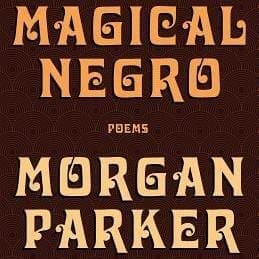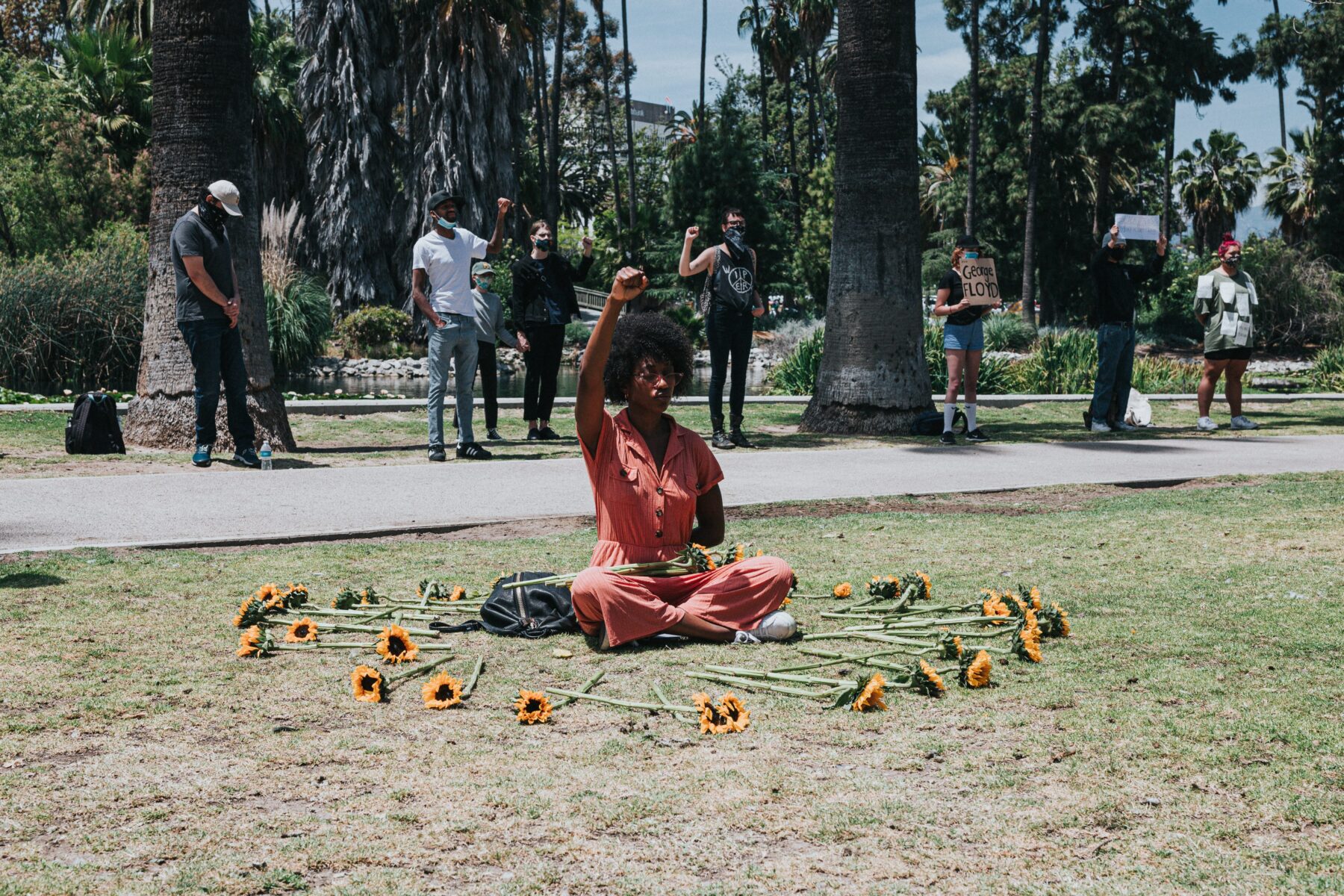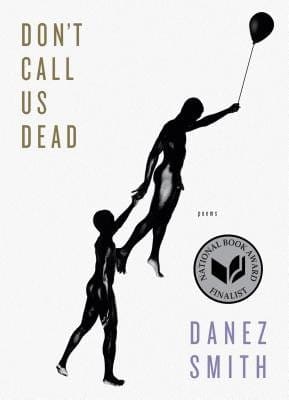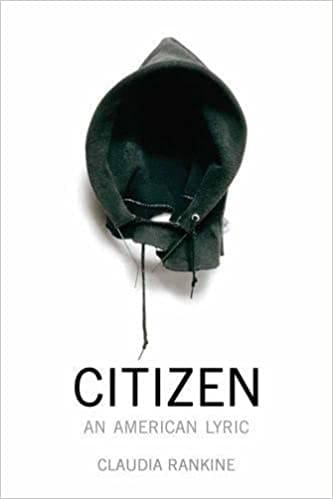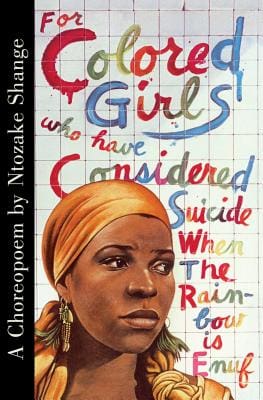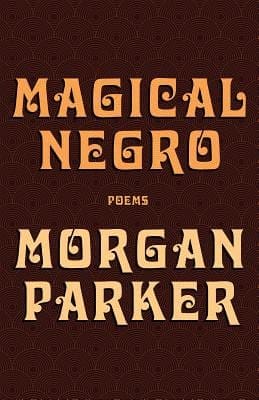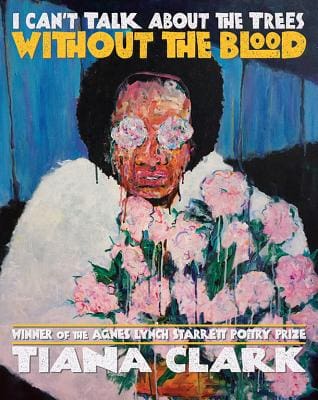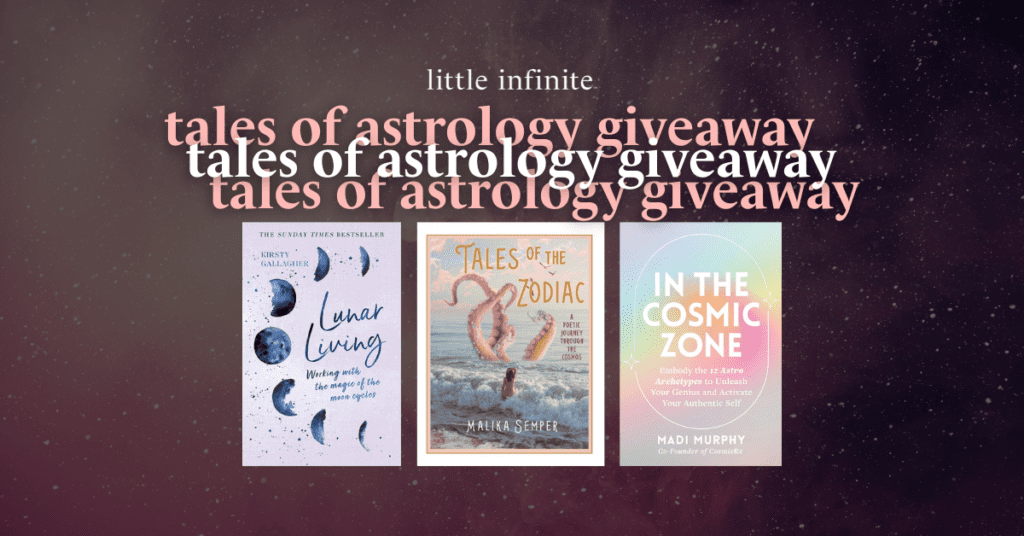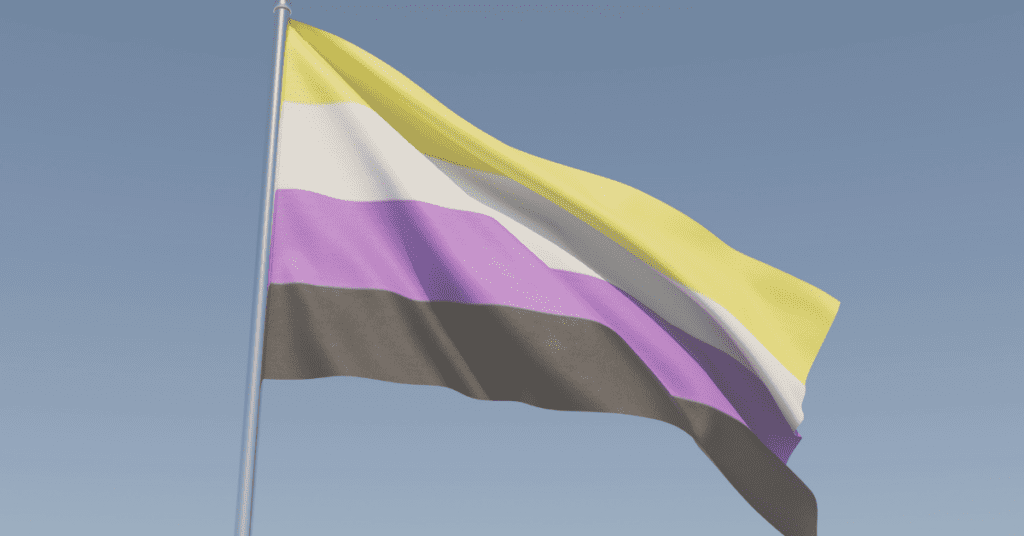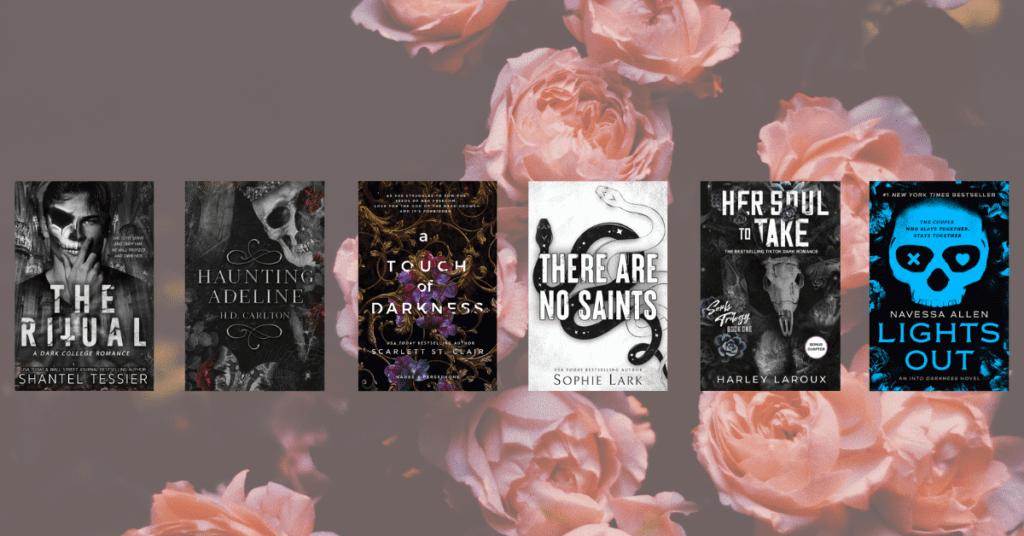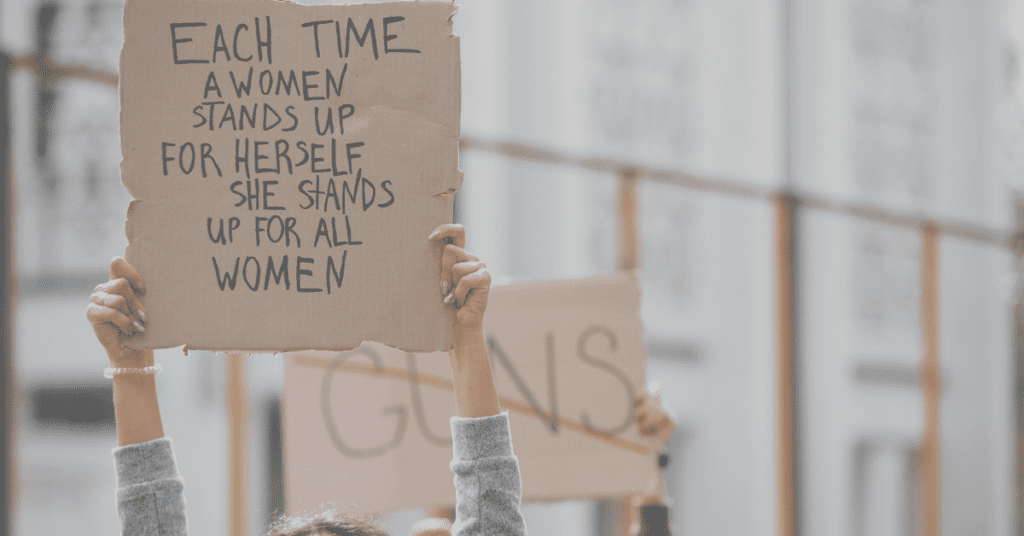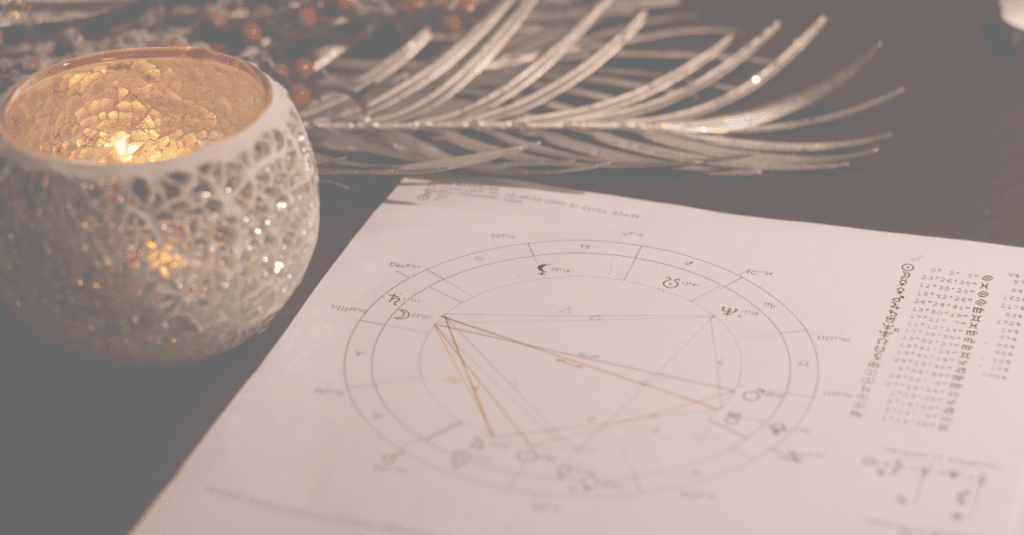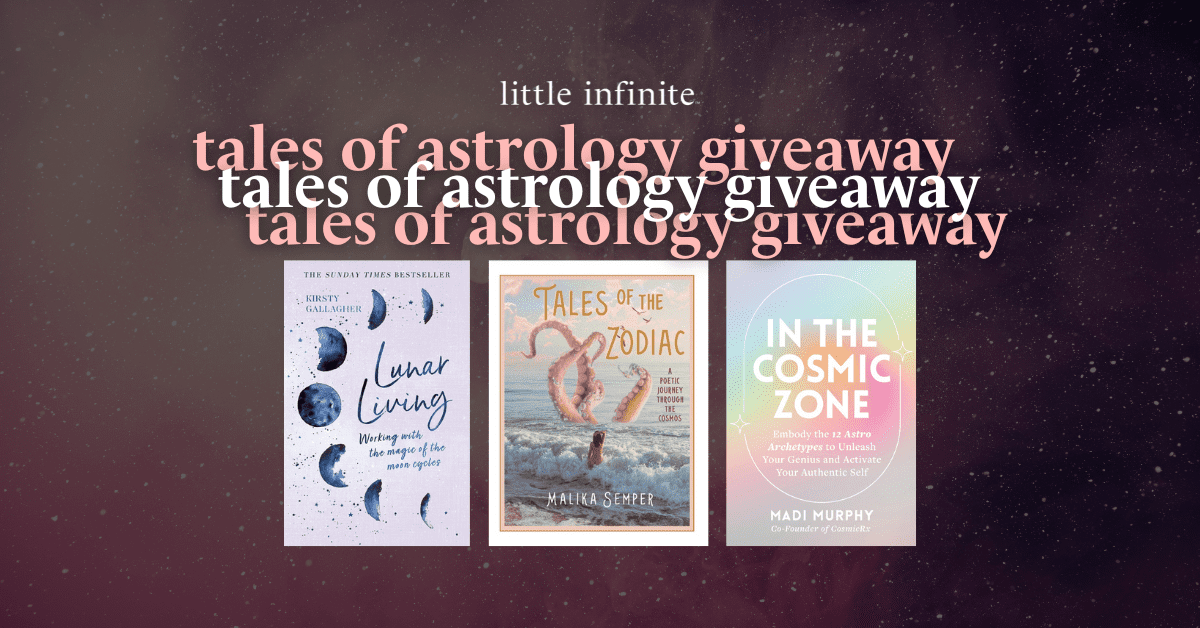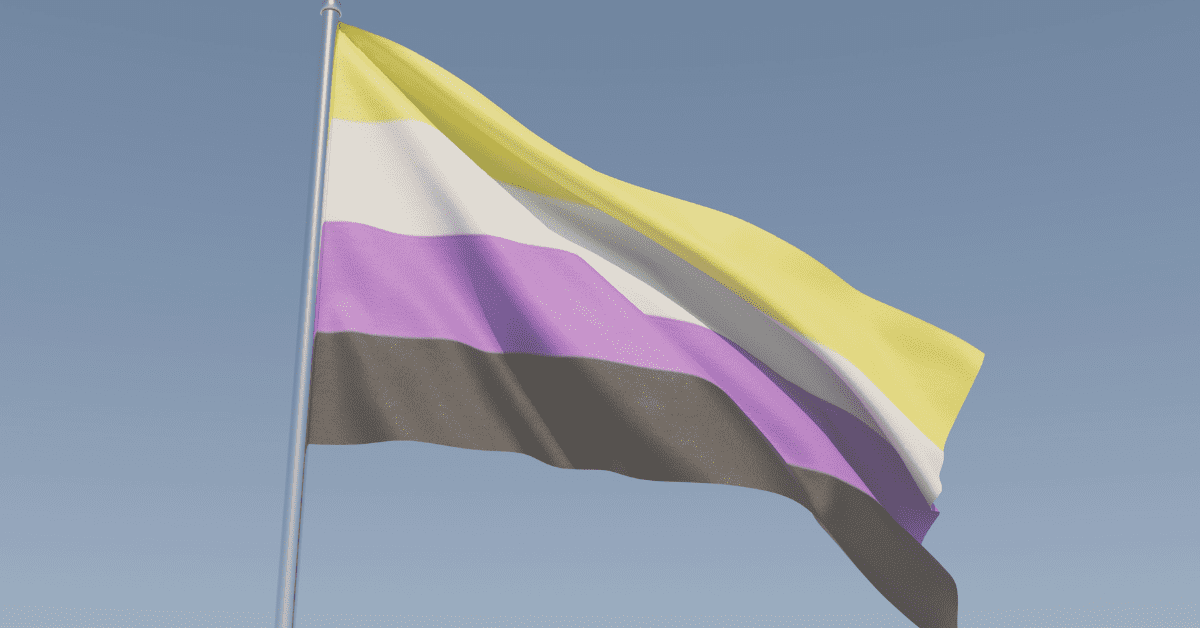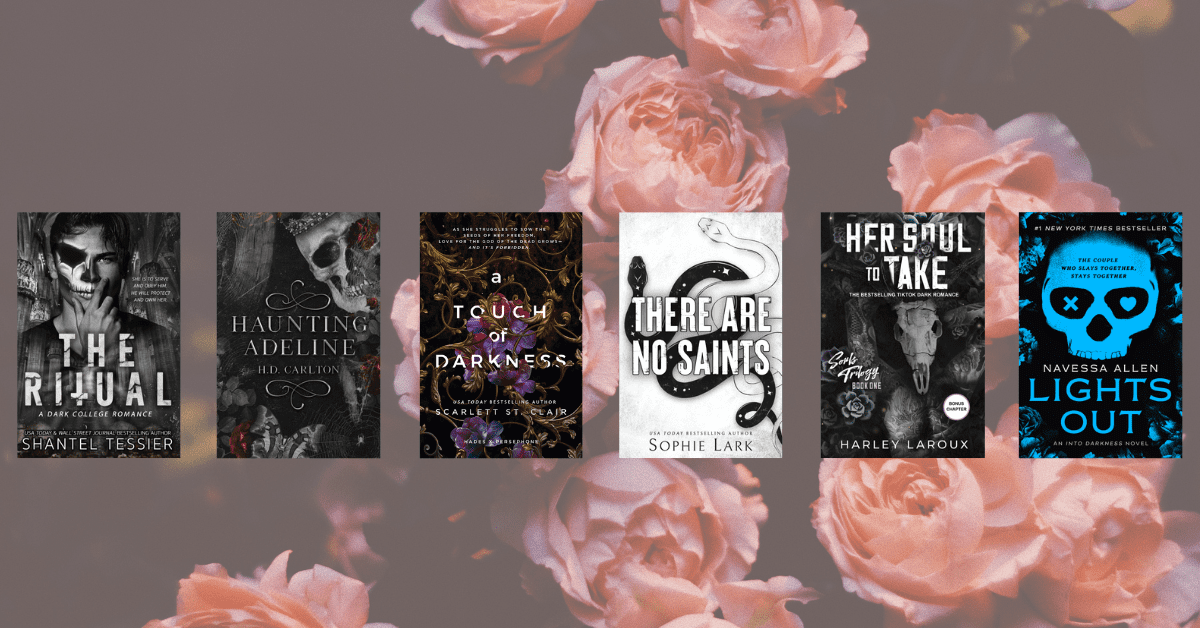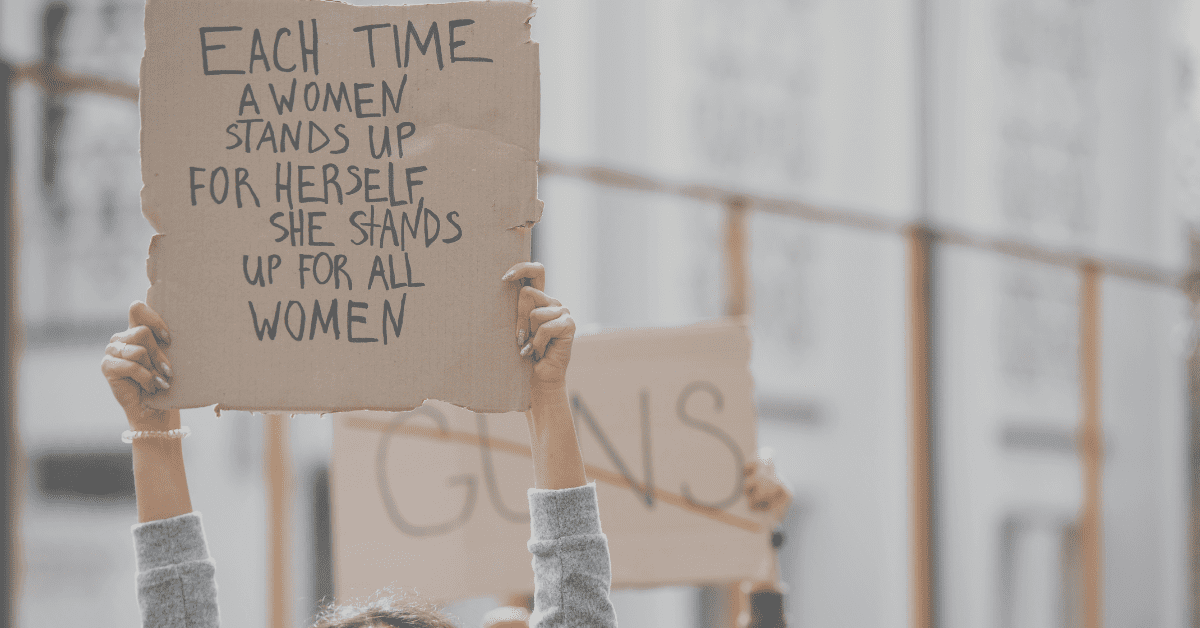For centuries, Black Americans have artistically told their stories through songs, poems, free-verse, sonnets, and more. There are so many untold stories that do not always hit the mainstream. These stories should never be forgotten but embraced. We must remind ourselves that we are not just in a moment of change. We are in a movement that calls for more education, more empathy, and a change that is sustainable. Within these past weeks, there has been an outpour of resources through social media and online publications. These resources are a means to become more educated on the realities that Black Americans face every day.
Here at little infinite, we are dedicated to growing in our knowledge and aiming to understand. Here, we have compiled a list of books by Black poets that we are learning from. Our hopes are that their stories will resonate with you as well.
Don’t Call Us Dead, by Danez Smith
Danez Smith, an award-winning poet, and a proud member of the LGBTQ+ community renders a collection of poems unlike any other. Don’t Call Us Dead is a series of poems that vividly imagines an afterlife for black men shot by police. This afterlife subdues the atrocities these men face every day in America. An afterlife where safety and love are embraced. This powerful piece is a celebration of the black body as well as a reminder that change will and can come.
Citizen: An American Lyric, by Claudia Rankine
Citizen: An American Lyric, holds a mirror up to America in order to critique racial relations. Author Claudia Rankine bonds her pages with images of paintings, sculptures, and drawing to accompany her writing for a visual display of the black experience. This book-length poem explores the nature of microaggressions and racist language. This is a perfect piece to look into for more education on how racist language has deep roots in and out of the media and how that affects everyone personally.
For Colored Girls Who Have Considered Suicide When the Rainbow Is Enuf, by Ntozake Shange
Ntozake Shange’s first piece was originally written as a theater piece, which then blossomed into play, TV, and film adaptations. Shange coined the term choreopoem through the beautiful monologues, choreography, and music that is presented along with her poems. This piece portrays the complex representation of black women and sisterhood. If you are looking for more of a narrative piece, there are stories that follow these nameless black women that range from rape, abandonment, abortion, and domestic violence. The stories Shange tells are ones to never be forgotten and are narratives that women of color still face today. These are the stories we all need to hear and continue to tell as we move forward in our understanding and appreciation of black women today and tomorrow.
Magical Negro, by Morgan Parker
Morgan Paker, author of Magical Negro invites readers on a journey that critiques how America sees and portrays blackness. Through her poems, she points out patterns and confronts themes of loneliness, grief, and ancestral trauma within the everyday Black American. This edgy piece beautifully combines humor and lyricism that pulls you in and allows you to explore some of these themes we’ve all seen or experienced over time.
I Can’t Talk about the Trees Without the Blood, by Tiana Clark
The title of this piece alone speaks volumes to how powerful an image and experience through racism has. Tiana Clark delves into historical and personal memories she has while dealing with race, family, faith, and the dark past of the South. Her contemporary writing style calls for readers to engage and reflect on what they are taking in. Clark brings readers along with her in telling her stories.
To stay up-to-date, make sure to keep an eye out for more of little infinite’s featured content as we celebrate poetry, books, and this beautiful hot mess we call life on Instagram and Twitter.
Featured photo by Donovan Valdivia
Shop This Article:


$18.00
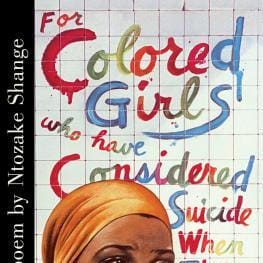
$11.95

$15.64
